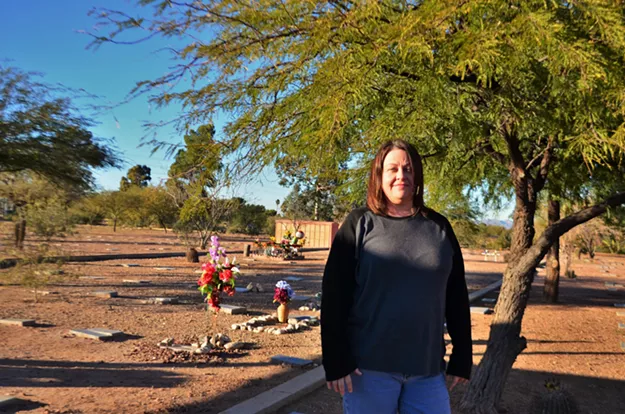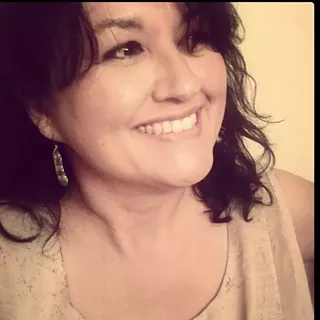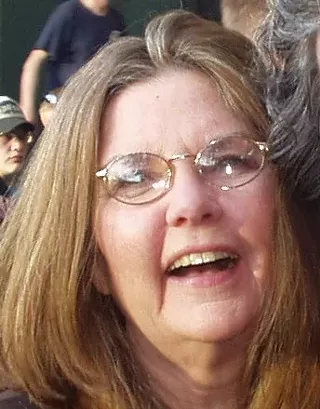Michele Ream
Most days, you can find Michele Ream in a wash on the outskirts of downtown Tucson, a small patch of land outside a public park, or making phone call after phone call trying to get someone on Social Security—sticking her neck out for the community's homeless men and women, advocating for them to the local government and flawed homeless outreach organizations, as well as helping them navigate through a system that oftentimes sets them up for failure.
For more than one year now, Ream has also been spending a lot of time building a prototype for a project she co-created, Community Supported Shelter Tucson, which hopes to provide the homeless population with the option of sleeping and storing their possessions in wooden huts that can be placed at church parking lots, and other areas of the city, to not entirely rely on shelters that require an identification in exchange for a bed for the night.
"It is so hit or miss. [Organizations] have created all these barriers to keep the people that you say you are helping from accessing [the resources]," Ream says.
Social work is a path Ream says she never made a conscious decision to stick to, but one day she just found herself there.
"I guess I have always felt something inside that drives me to stand by those who are often judged harshly by society, and [are] seen as somehow [being] less than," she says. Ream does homeless outreach work at the Primavera Foundation, but much of her advocacy happens outside that position. "I guess there is also part of me that likes the challenge of navigating the maze of barriers that bureaucracies put before people ... that's not to say it isn't frustrating as fuck, but I feel if I don't speak up [for them] then who will?"
What drives her relationships with the people she comes face-to-face with—whether they are on the streets over addiction struggles or a mental illness—is the deep-hearted belief that, truly, none of us are immune to these issues; none of us are immune to extreme poverty and homelessness, and for that reason the men and women trying to get some rest on sidewalks, or the doorways of buildings downtown, deserve compassion, dignity and respect.
To her, true humane improvements begin with giving people solid options for temporary housing. Her first hut is almost complete, and Ream's next step is to present it to the City of Tucson's Planning and Zoning Department for feedback. She's already had conversations with several local churches that are interested.
With her other job as a realtor, Ream wants to make enough money to sustain and make her hut project grow.
"It is my hope that our community will come together to look at new and innovative ways to address housing and shelter options," she says. "All too often I hear people complaining that 'homeless folk turn down housing and shelter,' and assume that something is wrong with them. I will continue to publicly share the struggles and barriers that I encounter on a daily basis working with our homeless neighbors. And I'll continue to advocate for cost effective and genuine options that provide basic shelter, security and stability."
—María Inés Taracena











